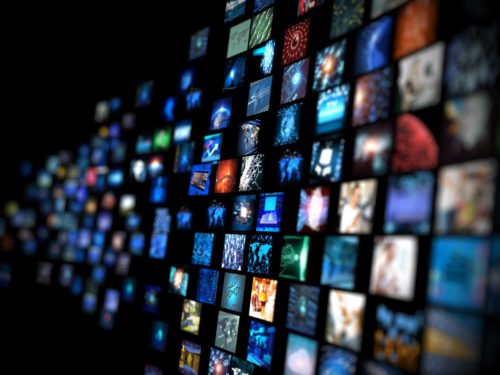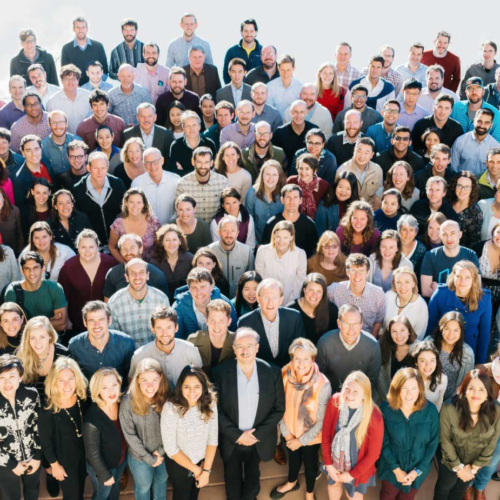
Boulder, Colorado – June 11, 2018—Rocky Mountain Institute (RMI) today announced the project teams for its e–Lab Forge 2018 event, a two-and-a-half day working meeting to accelerate projects that have the potential for delivering clean energy benefits at scale to low- and moderate-income (LMI) households and communities.
A component within RMI’s Electricity Innovation Lab (e–Lab), this year’s Forge focuses on empowering and improving underserved communities through greater access to a clean energy future. These communities stand to benefit the most from clean energy access but often face the greatest barriers to participation in clean energy programs.
Forge is modeled on RMI’s national e–Lab Accelerator program, a bootcamp for innovators in the electricity industry aimed at helping teams drive projects forward through deep engagement, collaboration, and innovation across institutional boundaries. Forge is being held at the Garrison Institute in Garrison, N.Y., from June 11–13, 2018.
RMI welcomes the following teams to Forge:
- Preserving Affordable Rates When Making Clean Energy Upgrades—The New York City Mayor’s Office of Sustainability and New York State Energy Research and Development Authority (NYSERDA) are bringing a team to explore strategies for enabling a larger number of LMI households to benefit from greater energy efficiency upgrades, while keeping rents affordable.
- Northern Manhattan Microgrid—The WE ACT for Environmental Justice team seeks to advance an ownership, governance, and financing structure for a microgrid to provide community resilience in a low-income neighborhood in northern Manhattan, New York.
- Framework for Environmental Justice Communities Participation—This team, led by the Oregon Public Utilities Commission, aims to develop a process to better integrate environmental justice perspectives and LMI community participation into the state’s regulatory reform efforts.
- Engaging Disadvantaged Communities in the Clean Energy Transition—This team, led by the Washington State Department of Commerce, is exploring a framework for incorporating underserved community perspectives into policy development and implementation for the clean energy transition.
- Innovative Financing and Qualification for Low-Income Solar Access—The Vote Solar and Solstice team seeks to advance the implementation of Energy Score, an alternative to credit scores that could enable a greater number of LMI households to participate in solar projects.
“By advancing the development of clean energy solutions, we can drive real impacts like improved public health and economic security for vulnerable households,” Coreina Chan, a principal at RMI, said. “Bringing key stakeholders together at Forge and building network capacity allows us to support the creation and testing of new approaches that could be scaled nationally.”
Forge provides a structured working session to spur progress on team objectives; a safe space to test innovative ideas, tools, and training to frame obstacles in a collaborative manner; and the opportunity to build new alliances and a broader support network with allied organizations. Expert e–Lab faculty will be on location throughout the meeting to offer training and insights to Forge teams on critical content areas.
More information on RMI’s e–Lab initiative can be found at: https://rmi.org/our-work/electricity/
CONTACT:
Todd Zeranski
Marketing Manager, Rocky Mountain Institute
Tel: 917-670-6568
Email: tzeranski@rmi.org

About Rocky Mountain Institute
Rocky Mountain Institute (RMI)—an independent nonprofit founded in 1982—transforms global energy use to create a clean, prosperous, and secure low-carbon future. It engages businesses, communities, institutions, and entrepreneurs to accelerate the adoption of market-based solutions that cost-effectively shift from fossil fuels to efficiency and renewables. RMI has offices in Basalt and Boulder, Colorado; New York City; Washington, D.C.; and Beijing.
More information on RMI can be found at www.rmi.org or follow us on Twitter @RockyMtnInst